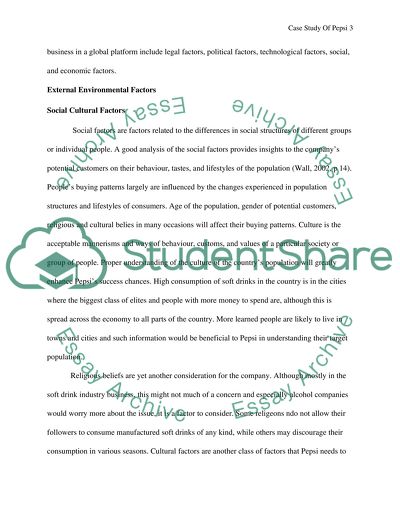Cite this document
(“Factors to consider in globalization: case study of pepsi Essay”, n.d.)
Factors to consider in globalization: case study of pepsi Essay. Retrieved from https://studentshare.org/marketing/1469907-factors-to-consider-in-globalization-case-study-of-pepsi
Factors to consider in globalization: case study of pepsi Essay. Retrieved from https://studentshare.org/marketing/1469907-factors-to-consider-in-globalization-case-study-of-pepsi
(Factors to Consider in Globalization: Case Study of Pepsi Essay)
Factors to Consider in Globalization: Case Study of Pepsi Essay. https://studentshare.org/marketing/1469907-factors-to-consider-in-globalization-case-study-of-pepsi.
Factors to Consider in Globalization: Case Study of Pepsi Essay. https://studentshare.org/marketing/1469907-factors-to-consider-in-globalization-case-study-of-pepsi.
“Factors to Consider in Globalization: Case Study of Pepsi Essay”, n.d. https://studentshare.org/marketing/1469907-factors-to-consider-in-globalization-case-study-of-pepsi.


